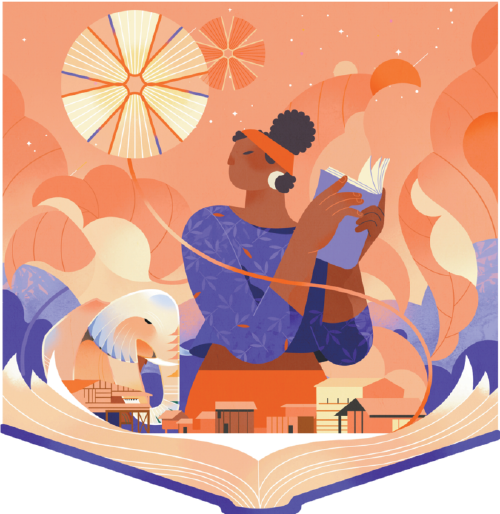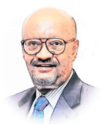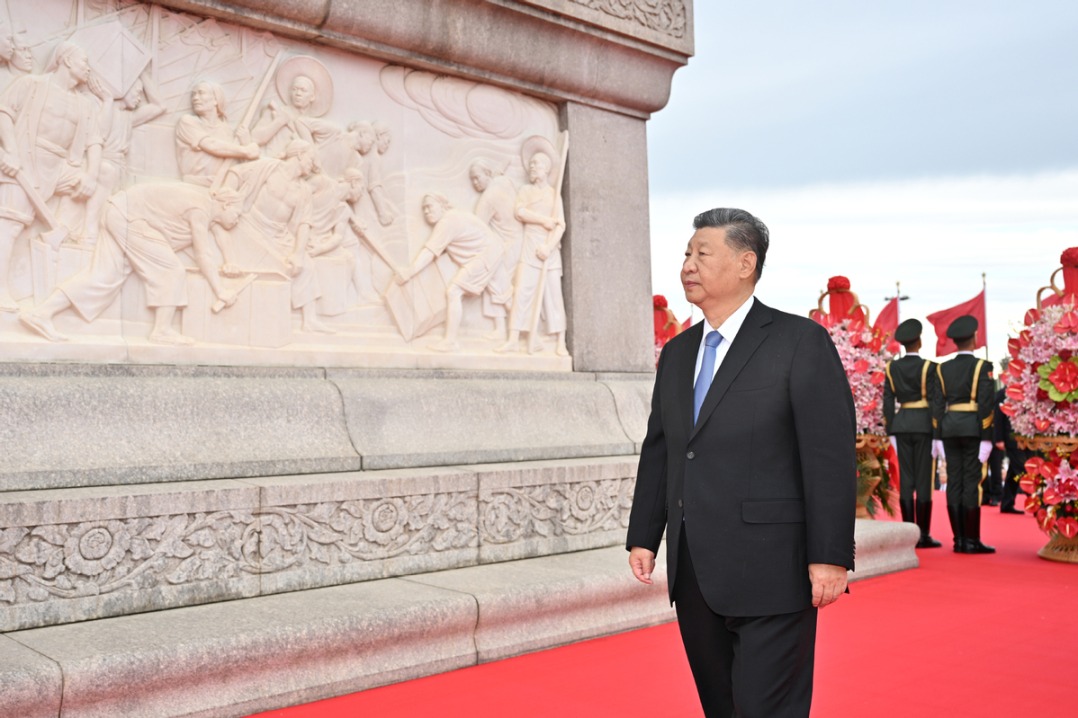Development at the double
Knowledge and skills will be among the most significant determinants of Africa's future


The 2024 Beijing Summit of the Forum on China-Africa Cooperation was successfully completed with a consensus declaration released by the People's Republic of China and 53 African countries. The declaration affirmed the commitment to building an all-weather China-Africa community with a shared future for the 21st century and beyond. Discussions at the summit covered multifaceted and critical global challenges including global governance, security, peaceful coexistence, the promotion and protection of human rights, inclusive economic globalization with reformed international financial and trade systems, and climate change.
China and Africa firmly believe that sustainable development must be people-centered. For the successful transition to a fair and equitable world, development initiatives must focus on the youth. We need to foster mutual understanding between peoples, particularly the youth, if we are to build inclusive, knowledge societies. Young people everywhere must be taught to be global citizens and be aware of and respect diverse cultures and belief systems. Understanding each other's ways will help foster friendly relations and mutually beneficial arrangements for the benefit of all.
Beyond economic development projects, the Belt and Road Initiative and the FOCAC have allowed exchanges between African and Chinese youth through cultural visits and educational exchanges. The annual meeting of the exchange mechanism of the China-Africa University Alliance is one example. This year's meeting attracted 35 universities from 19 African countries as well as 50 universities from China. This is commendable and encouraging. More, of course, needs to be done including leadership training as in the efforts of the China-Africa Leadership Development Institute (CALDI) at Tsinghua University.
Today Africa stands at the dawn of a new era — now is the moment for Africa's renaissance to accelerate as Africa begins to realize the opportunities that the 21st century offers its people. That reality is not possible without education — a transformed education that enables every African child and adult to have the skills and competencies to successfully navigate our ever-changing world.
Fifty years ago, the first 33 independent African states took a landmark decision to form the Organization of African Unity. Its successor is the African Union. The AU's Agenda 2063 — the Africa We Want — is a blueprint that makes it clear that the destiny of Africa is in our hands, and that we must act now to shape the future we want.
It is important for us to recognize that our strength is in unity and to share our homegrown solutions to overcome the challenges we face.
Today, technologies, smart applications and other innovations offer an opportunity to improve the lives of all across Africa, by helping to meet the economic, social and environmental challenges that threaten our world. However, they may also be disruptive, with far-reaching effects on all aspects of our lives.
Clearly, knowledge and skills will be among the most significant determinants of the success of our efforts to deliver on the promise of the United Nations' 2030 Agenda for Sustainable Development and the African Union's Agenda 2063.Not surprisingly, education stands at the heart of both — as a basic human right, as a transformational force for poverty eradication, as the engine for sustainability and as a force for dialogue and peace.
This is embodied in SDG 4, to "ensure inclusive and equitable quality education and promote lifelong learning opportunities for all".
Poverty and inequality undermine society and economies just as much as a lack of infrastructure or investment.
Africa is rich in human as well as natural resources. The continent's potential lies in its dynamic population, sustained economic growth in recent years and increasingly well-established role in a multipolar global order.
However, it is vital for our full potential to be realized.
A dynamic population alone does not ensure that young people leave school educated and well trained; even high growth does not translate into evenly distributed employment (particularly among young women); natural resources do not automatically translate to a command of industrial processes; and globalization could spell disaster if tackled without long-term vision or strategies.
These are the elements for a prosperous peaceful future for the whole continent, promoting sustainable development and peace in Africa.
As stated in the 2030 Development Agenda, truly sustainable peace and development must be inextricably linked — as one cannot be achieved without the other.
The 2015 Positive Peace Report by the Institute for Economics and Peace highlights the eight factors for sustainable peace and development: well-functioning governments; sound business environments; the equitable distribution of resources; acceptance of the rights of others; good relations with neighbors; the free flow of information; high levels of human capital and low levels of corruption. The report takes a systems approach and argues not to simply focus on the individual pillars.
We must do everything to empower present and future African generations with the necessary skills to exchange, communicate and cooperate across cultural, religious and national boundaries, to become responsible global citizens in a safer world for all.

The author is former deputy director-general of UNESCO and co-president of the China-Africa Leadership Development Institute at Tsinghua University. The author contributed this article to China Watch, a think tank powered by China Daily.
Contact the editor at editor@chinawatch.cn.
































